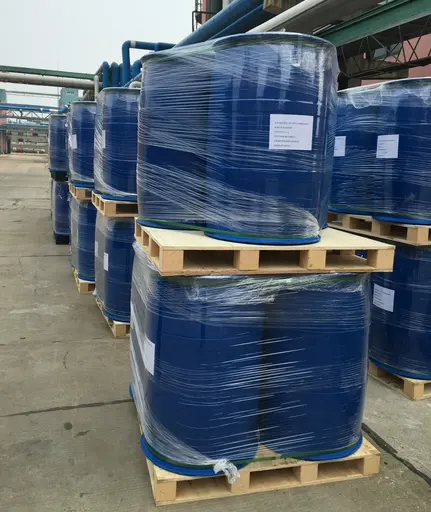Security
The overall safety of DEET is very high, less toxic, existing studies believe that DEET has no carcinogenic, teratogenic and developmental effects. The Centers for Disease Control and Prevention (CDC) recommends that pregnant and lactating women use DEET normally (the same as non-pregnant adults) to avoid mosquito bites and reduce the risk of contracting infectious diseases. At the same time, the American Academy of Pediatrics (AAP) recommends that infants over the age of 2 months use 10 to 30 percent of DEET, which is safe and effective. Not suitable for infants under 2 months of age.
effectiveness
The content of DEET on the market is between 5% and 99%, and studies have found that the repellent effect of 10% to 30% is similar. However, the effective time of different concentrations of DEET is different. 10% provide protection for about 2 hours, while 24% provide protection for up to 5 hours. There are also swimming, sweating, wiping and soaking in the rain to shorten the protection time of DEET, in which case a higher concentration of DEET can be chosen.
It should be noted that more than 30% of DEET does not significantly increase the protection time, but may appear skin rash, blisters and other skin mucosal irritation symptoms, may also have potential neurotoxicity.
Usage suggestion
Deet should be applied to exposed skin and clothing. In order not to spray into the eyes, it is recommended to apply to the palm of the hand, rub with the hand and then spread thinly on the face. Wash hands after use to prevent ingestion and eye contact. If accidentally sprayed into the eyes, rinse slowly with water for 5 to 10 minutes, wearing contact lenses, need to wash for 5 minutes and immediately remove.
It is not necessary to use DEET frequently every day, and it is recommended that infants and young children over 2 months of age should not use DEET more than once a day.
Deet should not be used on wounds or skin lesions (such as eczema). It should not be used in a closed environment because of the risk of respiratory inhalation. Keep away from open flames, smoking and high temperature heat sources when using.
If using sunscreen and DEET at the same time, sunscreen should be used before DEET, and products that combine the two should not be used, which increases the risk of exposure to excessive DEET. When DEET is no longer needed, the applied skin should be washed with soap and water.
Because DEET is also a plasticizer, it may damage mosquito nets, synthetic fibers, leather, plastic eyeglass frames and watches to a certain extent, but does not damage natural fibers such as cotton and wool. Daily need to properly do the protection of related products.
Post time: Sep-18-2024






